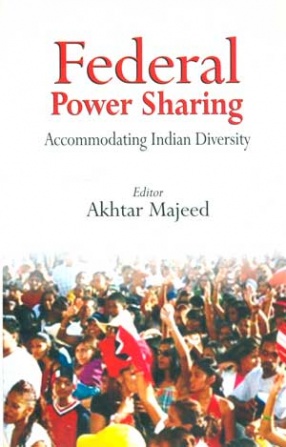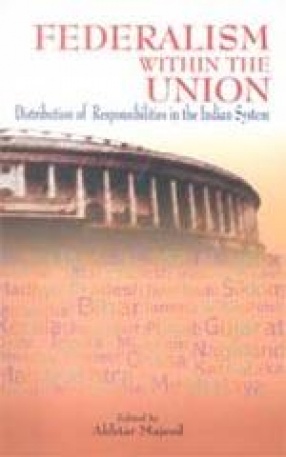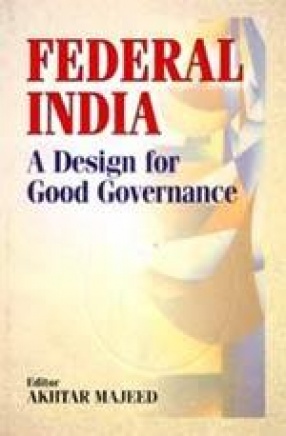
Akhtar Majeed

Showing all 6 books

All the contemporary federations are facing the issue of diversity and we need to know the way they are managing this issue. It is not in the sense of treating diversities as problems that need to be managed but as strengths that are assets, as opportunities through which a plural society is enriched. This enrichment gets lost if there is unawareness and ignorance about each other, and this absence of social interaction makes the society weak. On the other hand, ...

Issues concerning environment cannot remain local because the effects of environmental mis-management cross state and national boundaries. Pollution cannot remain the concern of the place where it originates because it goes on to affect a much bigger geographical area. Environmental activists insist that natural endowments can be better managed and effectively regulated at the local level. But, they also apprehend a dilution of regulatory enforcement at the local ...

For a plural society, like the Indian, there can be no option such as ‘unity’ or ‘diversity’ because both have to co-exist in a single framework. Liberal values have been adopted in the constitution to facilitate the promotion of tolerance and cultural co-existence. And that was believed to be the ideal relationship for the minorities in the ‘nation’. The present dilemma can be sorted out only if cultural, linguistic, regional and religious ...

The Constitution of India makes it clear what kind of a nation we are, highlighting our shared past and shared destiny. Our national commitment is to the values that denote the ‘Basic Structure’ of our Constitution, as visualised in its Preamble. The success or otherwise, the suitability, viability and justification of any Government has to be judged by its readiness to achieve and success in achieving the goals of the Preamble. That is the best guarantee for ...

In India, there has been a historical tradition of centralization of power and authority, and a government is considered efficient and effective if it is able to bring about social transformation. Hence, very consciously the overwhelming share of powers and responsibilities has been kept with the Union. But good governance is no substitute for self-governance. Federal sharing of responsibilities does not mean that the Union has what it has and shares in the ...

When election after election, power gets transferred from one set of elite to another and there is so much of existing inequality, any governance--what to say of 'good governance'--is difficult. This inherent contradiction is at the heart of the difficulty in achieving the ideal of good governance, whatever the constitutional mechanisms for it might be. Federal instruments of inter-governmental cooperation have not been successful and effective in India because ...
